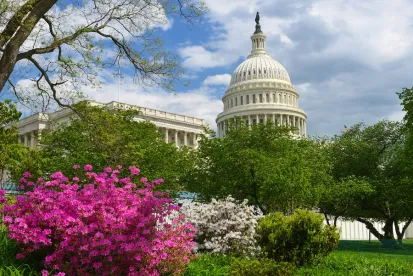The House of Representatives has taken a step in the direction of eliminating green card backlogs by passing the Fairness for High-Skilled Immigrants Act of 2019 (H.R. 1044) introduced by Representatives Zoe Lofgren (D-CA) and Ken Buck. (R-CO). The support was bi-partisan and passed in a 365 to 65 vote. The bill would:
- Increase per country quotas from 7% to 15% in the family-based categories;
- Establish a “first-come first-served” employment-based visa system (including EB-5 investor visas) by eliminating the “per country” caps;
- Establish a three-year transition period during which 10-15% of the visas would be set aside for countries other than India or China; and
- Ensure that immigrants who have approved employment-based immigration visa petitions at the time of enactment do not lose their places “in line.”
Representative Lofgren estimates that it would take a decade for the per country lines to equalize. The expectation is that if there is no increase in the number of visas available the wait time will even out to roughly seven years for everyone. Others have suggested that eliminating the quotas will only incentivize more immigration from India and China and thus eliminate any benefit.
Senators Mike Lee (R-UT) and Kamala Harris (D-CA) introduced a companion bill in the Senate (S. 386) back in February. That bill which also has bi-partisan support was referred to committee on July 9, 2019.
Senator Rand Paul, who opposed the “Fairness” Act, introduced the BELIEVE Act (Backlog Elimination, Legal Immigration and Employment Visa Enhancement Act) (S. 2091) on July 11, 2019. That bill, like the House bill, would establish a “first-come-first-served” employment-based visa system but would also:
- Quadruple the number of employment-based visas by doubling the number available annually and then exempting dependents from the “count”;
- Grant green cards to children of temporary workers who would normally “age-out” as long as they have graduated from a U.S. university and have been in the U.S. for at least ten years;
- Issue employment authorization to spouses and children of temporary workers in E, H and L status;
- Provide employment and travel authorization to those waiting in line for employment-based green cards as a safeguard; and (importantly for nurses and physical therapists)
- Exempt all shortage occupations from green card limits.
Any equalization will eliminate long lines for some employers and industries while adding wait times for others. Proponents of the new bills believe that the equalization would create economic benefits by, among other things, making the United States more competitive with other countries like Canada that have been able to take advantage of prospective immigrants’ frustrations with the long delays in the U.S. immigrant visa process.




 />i
/>i

